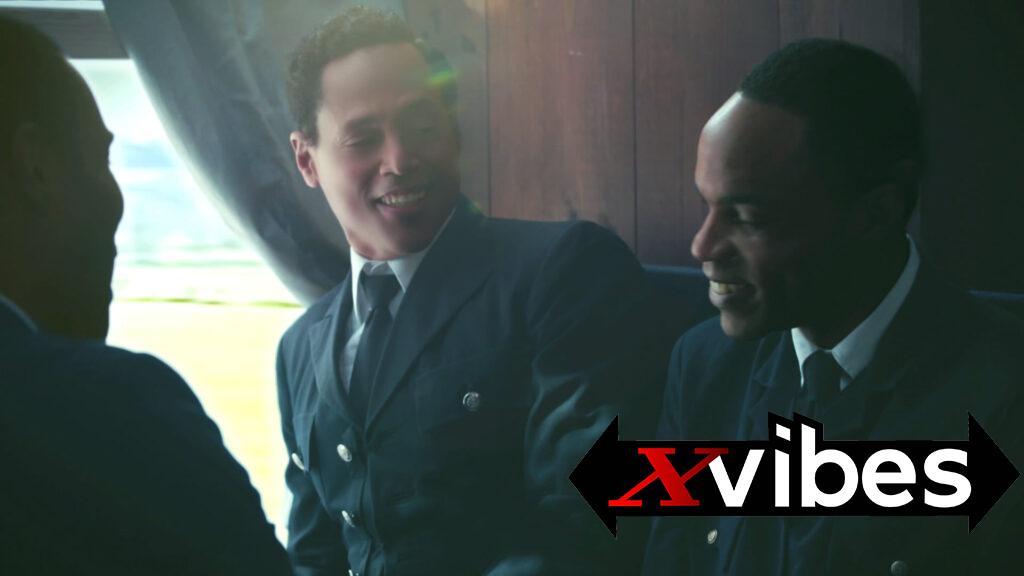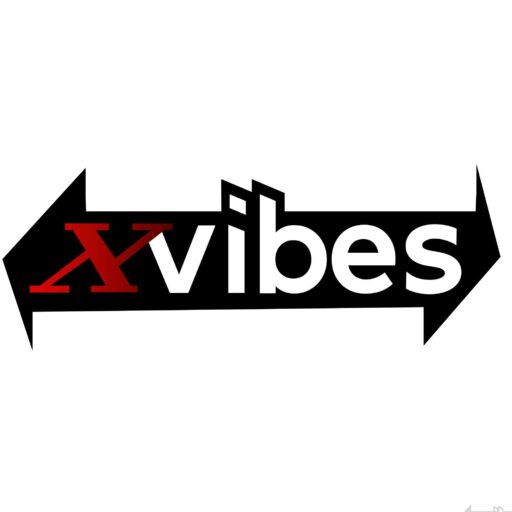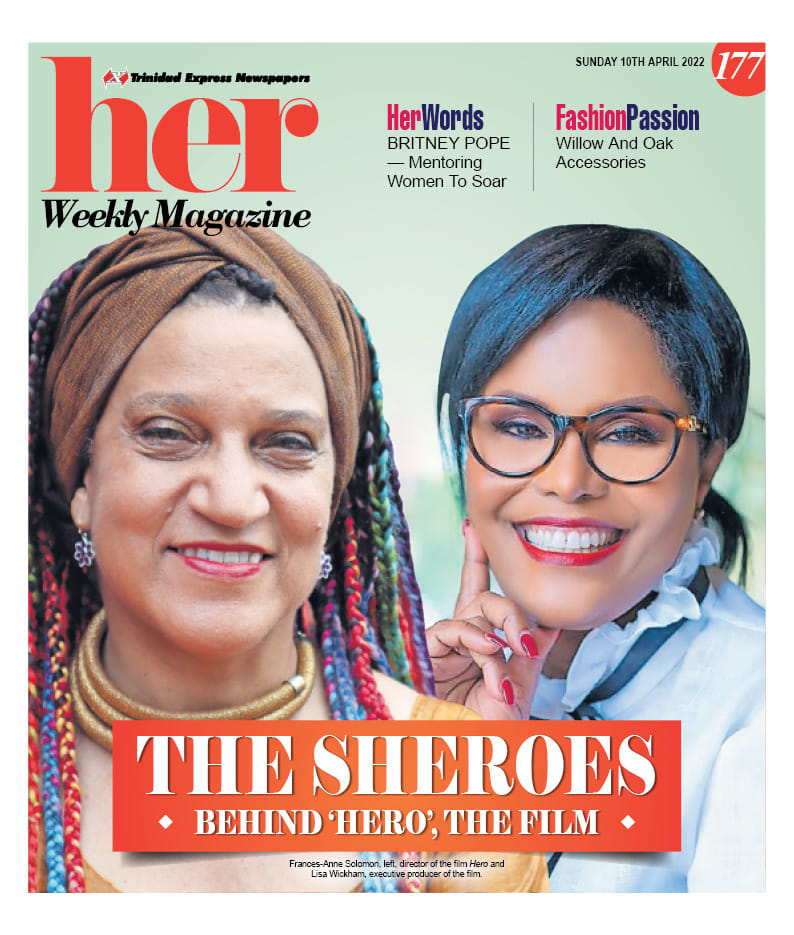
Cherisse Moe, Her Magazine
Three women are the brains and creative power behind the critically-acclaimed film, HERO , which made its local on-screen debut with a Gala Red Carpet Screening at MovieTowne, Port-of-Spain, on April 7. The female-led power team comprised director, Frances-Anne Solomon, executive producer, Lisa Wickham and creator, Ann Marie Stewart.
HERO is inspired by the extraordinary life of Justice Ulric Cross – a Trinidadian jurist, diplomat and Royal Air Force navigator, recognised as possibly the most decorated West Indian of World War II. Born in Belmont in 1917, Cross is credited with helping to prevent some 200 bombers from being shot down in a raid over Germany in 1943.
“He was a family friend,” Solomon said, reflect – ing on why she decided to pursue the film, which opened the prestigious Pan African Film and Arts Festival in 2020.
“My mother and Desmond Allum, another family friend, came up with the idea that I should make a film about Ulric. From the little they knew about his life, they felt that his story needed telling, and because I was the filmmaker in the family, they asked me to do it.” “At first, I wasn’t really sure that I agreed with them, but the more I researched Ulric’s life, the more I realised that this was a story I want – ed, needed to tell. Making this film has been extremely significant to me and to my body of work.
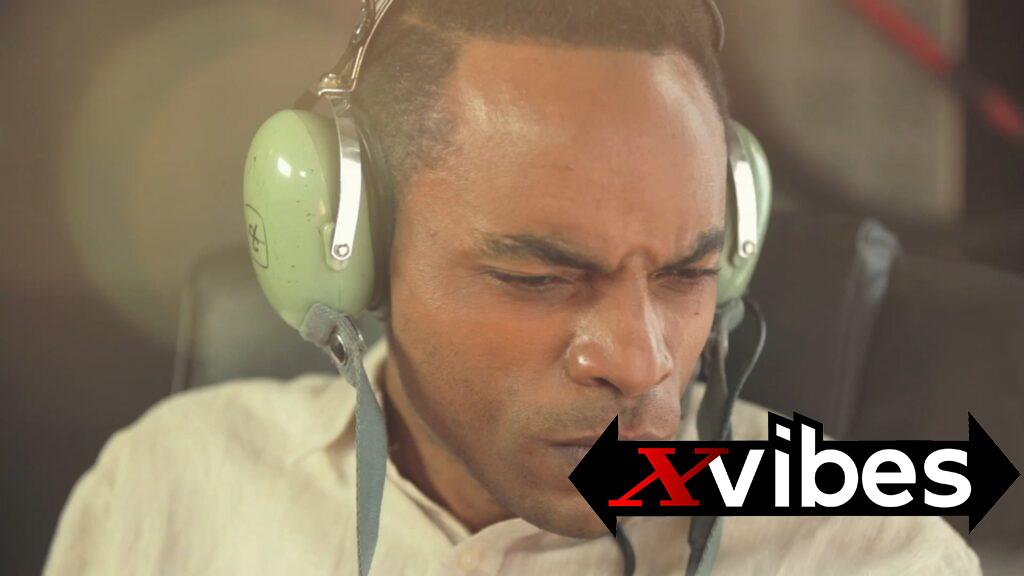
The experience has helped me to explore many of my own personal issues. I think Ulric was much like I am today – of mixed race, black heritage, an educated, middle-class individual. And he got totally involved in the Independence Movement that derived from slavery. Today, I, myself, am part of that movement.” Filmed in Canada, Ghana, the United Kingdom and Trinidad and Tobago, HERO boasts a di- verse cast of talented actors, including Trinidad’s Nickolai Salcedo in the lead role of Ulric Cross, Peter Williams ( Stargate SG1 ), British actor, Joseph Marcell ( Fresh Prince of Bel Air ), Jimmy Akinbola ( The Fresh Prince of Bel Air Reboot) and Ghanaian superstars John Dumelo, Adjetey Anang and Prince David Oseia.
The film has since had a successful 40-city tour of England, Scotland and Wales, along with screenings in Durban, the United States and Canada. “I travelled to Ghana to prepare for the premiere of the film there. That was a tremendous experience. Ghana’s people and culture are so similar to ours.
There was an uncanny famili – arity,” Wickham shares in our interview. “I’d go somewhere and it felt like déjà vu or somewhere in Trinidad and Tobago. We bonded over stories of similarities between the two countries. The journey has been a long and arduous one, but seeing the reaction of people around the world is rewarding.”
HERO was so well received by internation- al audiences that it was picked up by major online platforms – Amazon Prime, Showtime on Demand and Cineplex.com – even as cine – mas closed around the world as a result of the Covid-19 pandemic. For Solomon, this was a just reward for ten years (yes, that’s how long the film took to produce) of blood, sweat and hard work.
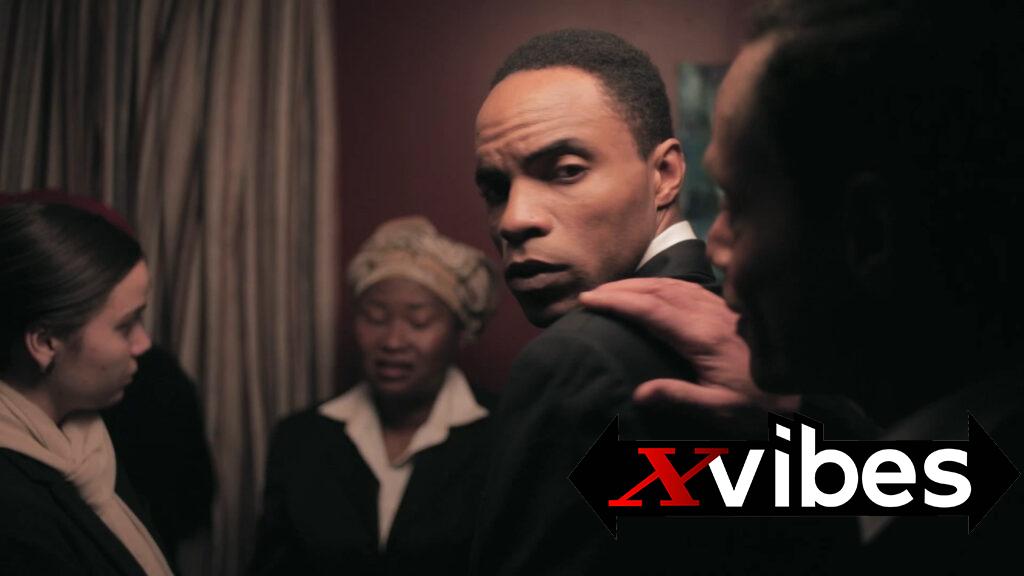
HERO was so well received by internation- al audiences that it was picked up by major online platforms – Amazon Prime, Showtime on Demand and Cineplex.com – even as cine – mas closed around the world as a result of the Covid-19 pandemic. For Solomon, this was a just reward for ten years (yes, that’s how long the film took to produce) of blood, sweat and hard work.
“I believe the film realistically presents the mixture of cultures that many of us come from – African, British, European – all this adds to the impact of this film. What we’ve come to call ‘our creole culture’. How we move, how we speak, how we dance, how we dream, and what we aspire to.
“Too often, we tend to think of ourselves as coming from a relatively small island and not really having the right or the ability to take part in the global conversation. Making and showing this film across the world has reminded us that many Trinidadian and Caribbean people have been leaders in the Global Independence Movement, one of the key episodes of the 20th Century that still has a strong impact on us, to this day.”
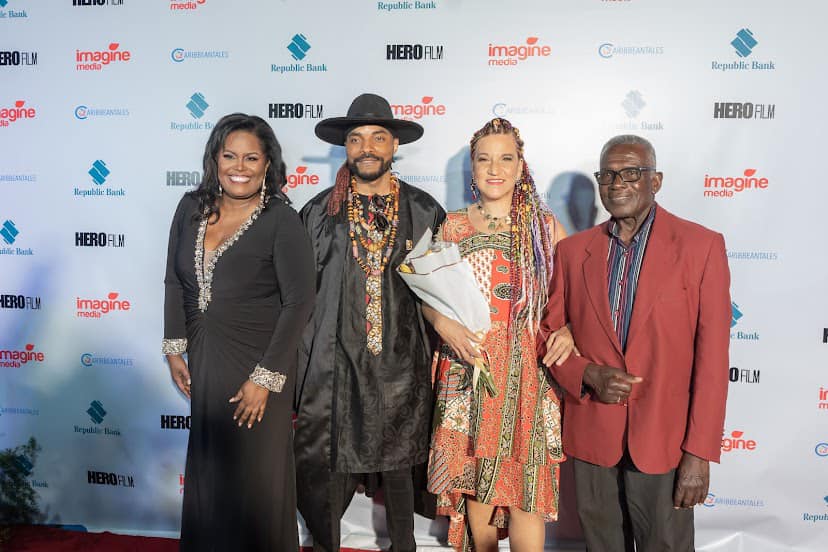
As director, Solomon says some of her favourite scenes were shot right here in Trinidad, because “they show some of our reality as Trinbagonians. It’s not just about singing and dancing, Carnival and wining. It reflects a much more three-dimensional image of who we can be as people; not only in our personal lives but in our public image.
I also enjoyed working with Sonia Dumas, the choreographer. Our team shared with each other all the ways we used to dance at home when our mothers played the piano and friends came over.
Even the Cross’ gingerbread house and its interi – or design, staged by Simone Phillips, shows the delicate details of how our houses looked back in the day. And the music, by our own Freetown Collective, added to our enjoyment and excite – ment while creating the film.” The film industry may still be perceptually male-dominated, but Wickham says working with other dynamic women, despite their con – trasting creative styles and personalities, was both rewarding and refreshing. Recounting her experience as executive producer, she says: “Being part of this group of women leaders, I wonder if that fact even hit us at any time, you know? I remember Frances-Anne and I staying up all night in South Africa, having an open and honest conversation about how we will work to – gether. It was a cathartic experience. It’s all about establishing boundaries with mutual respect and open, honest and continuous communication.
We also check each other, this often leads to spirited exchanges, but respect is the key word. Not leaving issues to fester and addressing grievances immediately. I’m just proud to be able to bring this film home after being on pause for two years.
HERO was meant to be released on May 25, 2020 so it’s almost exactly two years.” And according to Solomon, those who may have seen the 2018 tt film festival version of HERO will be blown away by the film, which she describes as a must-see.
“That was like a test screening; a focus group for us to get a temperature of an audience response. So, we were incredibly pleased that we were the recipients of the film festival’s Audience Award. It told us that our work was resonating with the people. After that screen – ing, we were able to add more scenes, sharpen significant moments, and get most of the final post-production work done; which added to the stature of the film.”
Wickham agrees. “My 17-year-old niece saw the uncut early version with all the cards and marks, back when she was about nine years old. Her parents were leaving before she was finished watching, and this child started to cry. “No, I want to see the rest, pleaseeeee!” I asked her the other day why she reacted like that, and she said what a lot of young people who saw it said: she was just so excited to see a hero, a local hero who looked like her, whose story was like hers on the big screen.
In an age of Black Lives Matter and heroes like Martin Luther King and Malcolm X, we have our own hero.”
